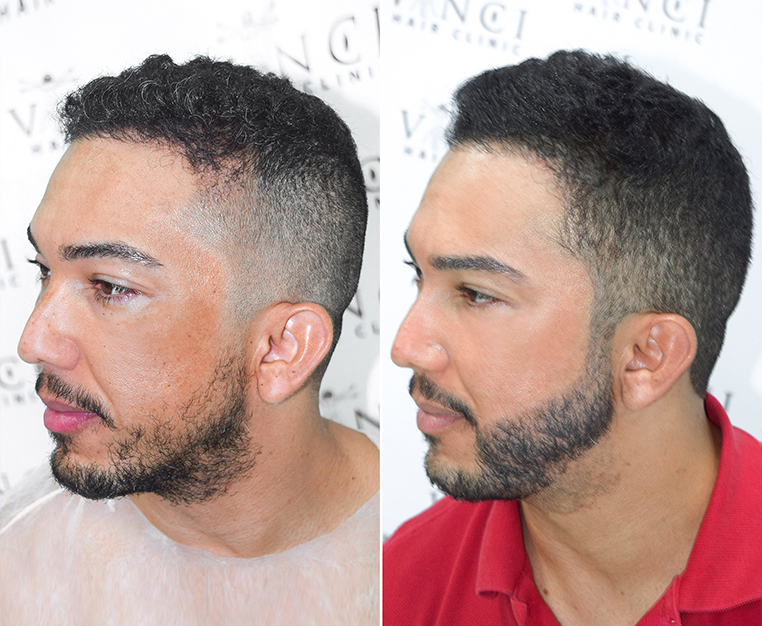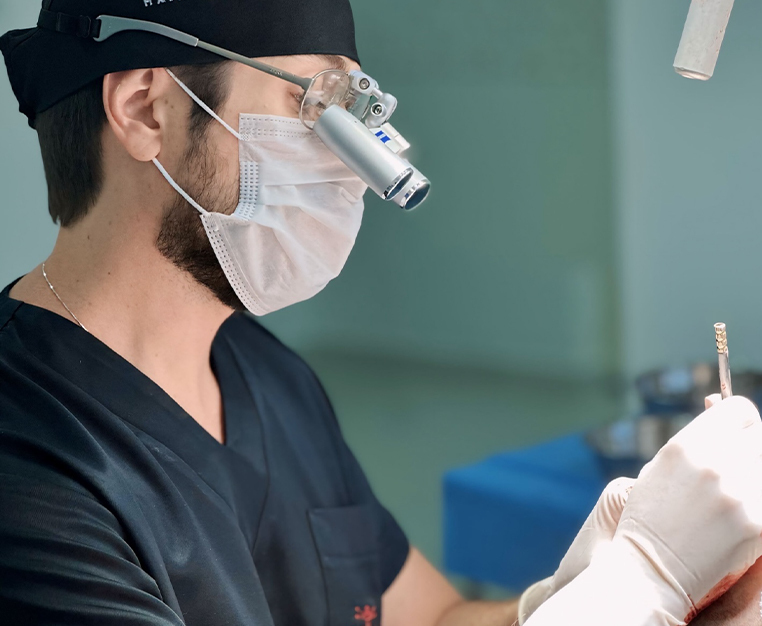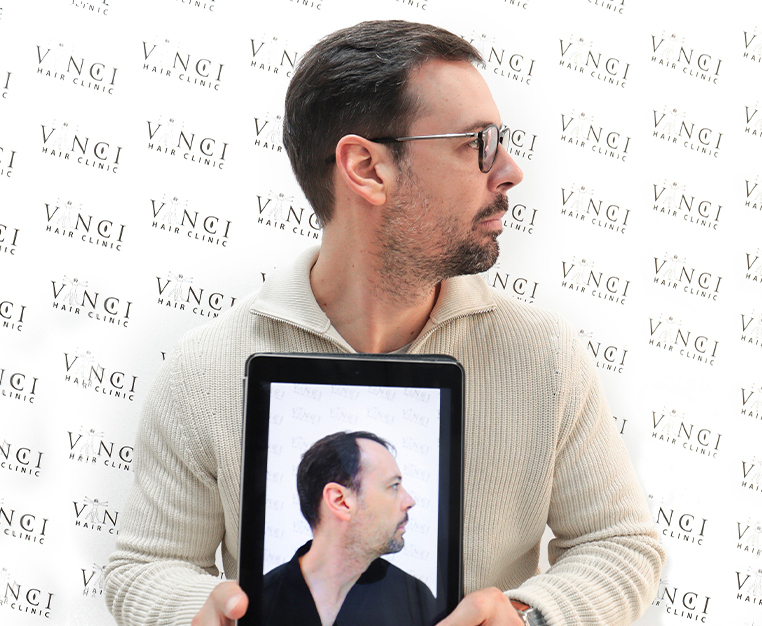Our daily schedules are often so busy that we don’t have much time to spend on self-care or haircare, to be more specific. Then one day you wake up in the morning and find more hair than usual on the pillowcase. You end up staring at the mirror, trying to figure out if you’ve less hair than you had the previous week and wondering where this is leading. Is total baldness the endgame, or will you have to live with a noticeable bald spot for years to come? How would life look if you lost your beautiful locks?
The questions differ, but the common mistakes are either to ignore the hair loss and pretend it’s not happening or to try and figure out the answer without professional help. “It’s probably temporary,” we tell ourselves. “I probably just need to wash it more often”. All that happens is that we let our hair keep falling without getting proper treatment.
This pattern of behaviour occurs because most of us are ignorant of the reasons behind our hair loss. That’s why today we’ll take an in-depth look at one of these hair loss conditions based on a recently published article by Dr Mitch Shulman.
What is Alopecia and Alopecia Areata?
Alopecia is the term for hair loss occurring in any part of the body. While alopecia universalis causes hair loss from the entire body, alopecia areata is a specific form of the condition that is confined to the head. The hair loss pattern can manifest in patches or across the whole scalp
Alopecia areata happens when the immune system attacks the hair follicles responsible for growing new hair strands. Hair follicles take hair strands through phases that include their inception, growth, resting and shedding. When a person’s hair is affected by alopecia areata, this normal cycle is disrupted, leading to hair falls sooner than expected. Fortunately, the condition leaves no signs of scarring, and the hair can restore itself with time.
Types of corticosteroid medications can be applied to the lost hair areas in the form of topical, oral or injectable treatments. Other solutions include hair transplants, wigs, and even permanent tattoos in the form of Micro Scalp Pigmentation (MSP).
Around 2% of the population is affected by alopecia areata. Mostly, these are people in their thirties, but children can also suffer from it. The symptoms of alopecia are similar to the symptoms experienced by people with hormonal imbalances, thyroid diseases or local infections. Therefore, an accurate diagnosis is required before any treatment is commenced.
Main Ways of Treating Alopecia
As an autoimmune disease, alopecia is not curable. However, that doesn’t mean there is nothing you can do to grow your hair back. As we mentioned above, there are a few ways to cope with it, and the major treatments are:
- Most autoimmune diseases are treated with these types of anti-inflammatory drugs which, as mentioned above, can be given in the form of a topical, oral or injectable treatment in the areas where you want to regrow your hair. Keep in mind, however, that these drugs take time to yield results.
- Topical immunotherapy. Even though it sounds counterintuitive, this treatment provokes an allergic reaction on your scalp, and it’s used when hair loss is at an advanced stage. It may provoke an itchy rash and it needs to be applied more than once, but this reaction can lead to hair regrowth.
- Minoxidil (Rogaine). Widely known in the hair restoration industry, minoxidil is a common treatment for male pattern baldness (MPB), and it works for alopecia too. You may have to wait for up to three months to notice any regrowth, but it all depends on the nature of the alopecia you have and your hair type.
Other treatments like hair transplants and the use of MSP can help restore your appearance. Also, a list of medications used for autoimmune disorders can help in treating alopecia.
Conclusion
If you have suffered from hair loss, you will know that the experience can be detrimental to your self-esteem. This leads to stress which causes more hair loss and suddenly you’re in the middle of a demoralising circle.
Hair loss experts are constantly developing new ways to cope with the condition. If you want to put an end to your worries about hair loss, get in touch with Vinci Hair Clinic to schedule a free consultation. Our experts will guide you towards the appropriate treatment!





